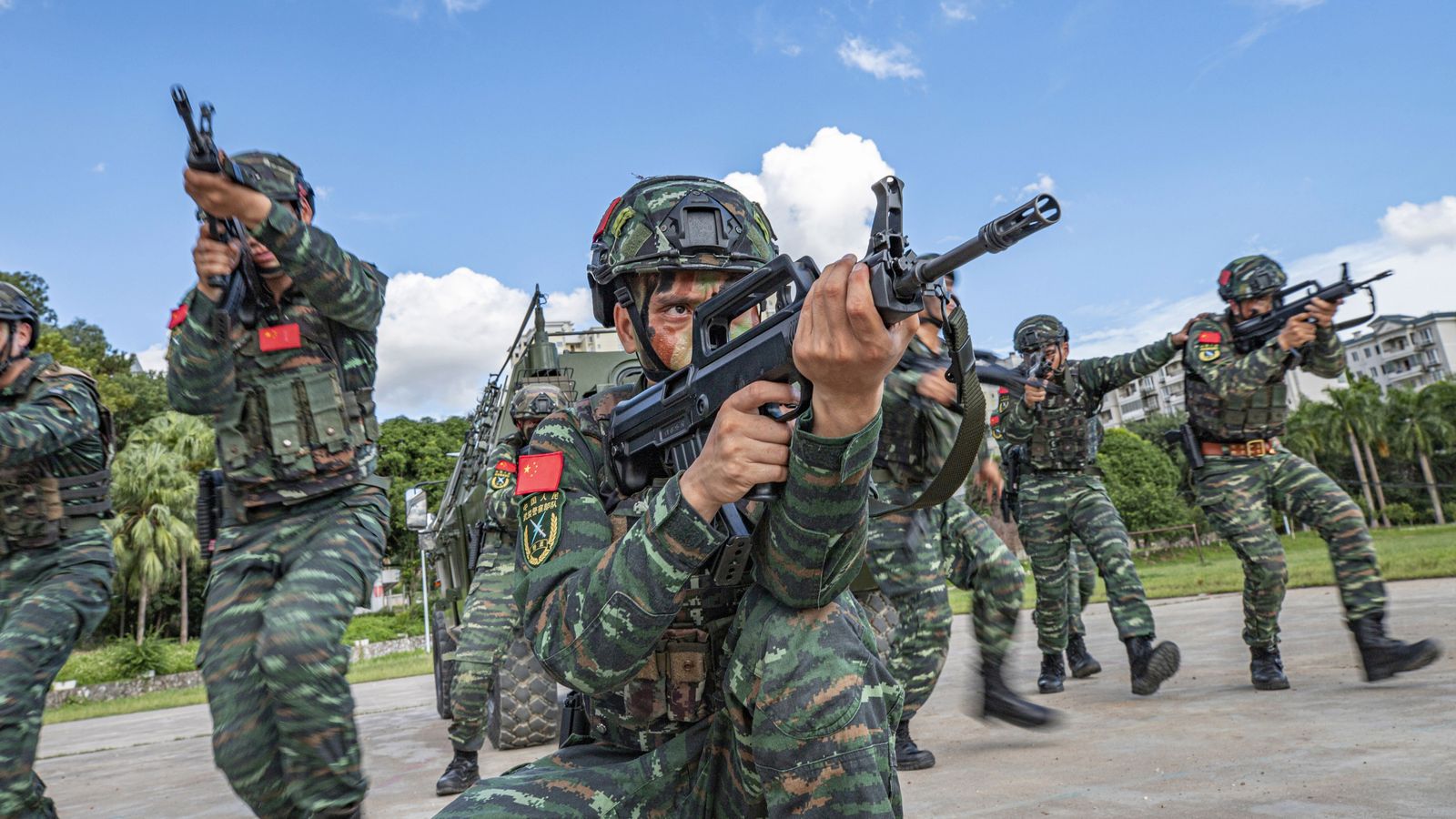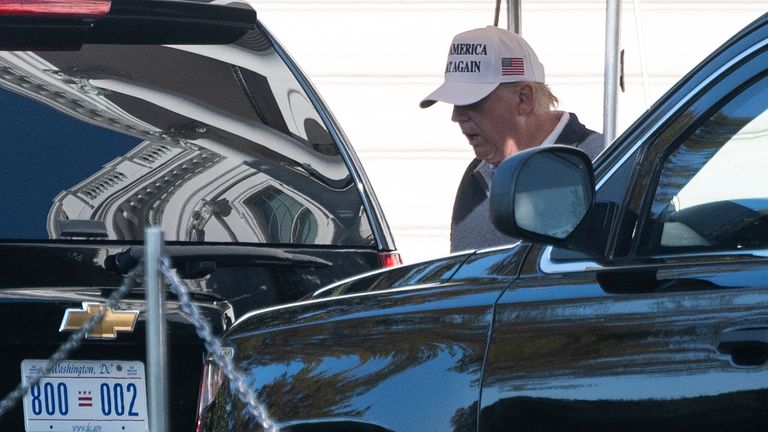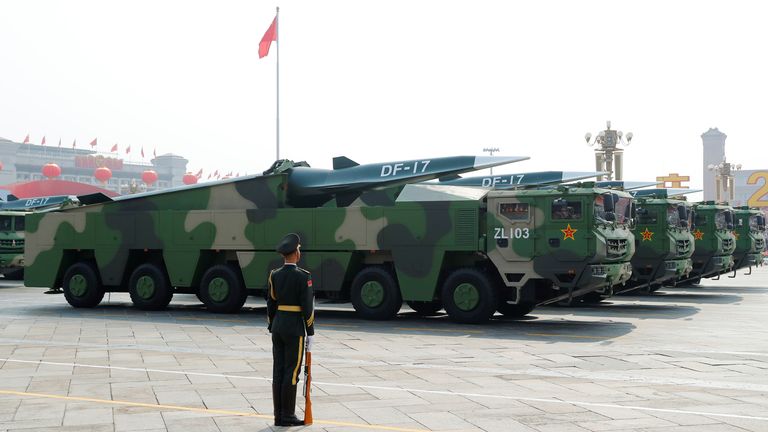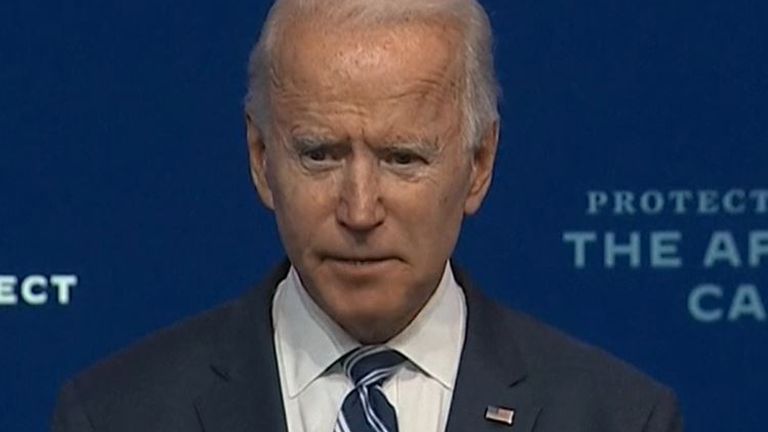Donald Trump’s White House has fuelled tensions with Beijing by banning US investment in firms it says have ties to the Chinese military.
The executive order, due to come into force on 11 January, is designed to stop American businesses, pension funds and others from buying stocks in 31 companies designated by the Pentagon earlier this year.
The move is set to ramp up pressure on companies including telecoms giant Huawei and surveillance equipment manufacturer Hikvision, which already face US export bans and other sanctions.
It was the first major policy initiative by Mr Trump since losing the presidential election to his Democratic rival Joe Biden and indicates that he is seeking to use his remaining time in office to crack down on China.
The order released by the administration stated: “China is increasingly exploiting United States capital to resource and to enable the development and modernisation of its military, intelligence, and other security apparatuses.”
White House trade adviser Peter Navarro said: “This is a sweeping order designed to choke off American capital to China’s militarisation.”
The action has been condemned by the Communist regime in Beijing, which accused Washington of “wantonly suppressing Chinese companies under the pretext of national security” and violating market rules.
Foreign ministry spokesman Wang Wenbin said: “The US government maliciously slandered China’s military-civilian integration development policy out of political motives and abused national power to unreasonably suppress Chinese companies.
“This move will not only seriously damage the legitimate rights and interests of Chinese companies, but will also damage the interests of investors from all countries, including the United States.”
US officials complain China takes advantage of access to American technology and investment to expand its military, already one of the world’s biggest and most heavily armed.
The executive order said the companies targeted “directly support” the Chinese military, intelligence and security apparatus.
The list includes Huawei and Hikvision, which both deny links to the Chinese military.
Criticising its inclusion, Hikvision said it is independent of the People’s Liberation Army and had never participated in research and development for “military applications.”
The firm said in a statement said: “These punitive actions against the company do not make America, or the world, any safer.”
While most of the designated companies have no shares traded in the US, many sell stocks, bonds and other securities in markets outside mainland China that are accessible to American investors.
Despite Mr Biden winning the electoral support needed to be the next president, the Republican incumbent has so far refused to concede, citing unsubstantiated claims of voting fraud.
However, political analysts expect little change in the US stance to China under Mr Biden due to widespread criticism of Beijing’s record on trade and human rights, including its suppression of opposition in Hong Kong.



